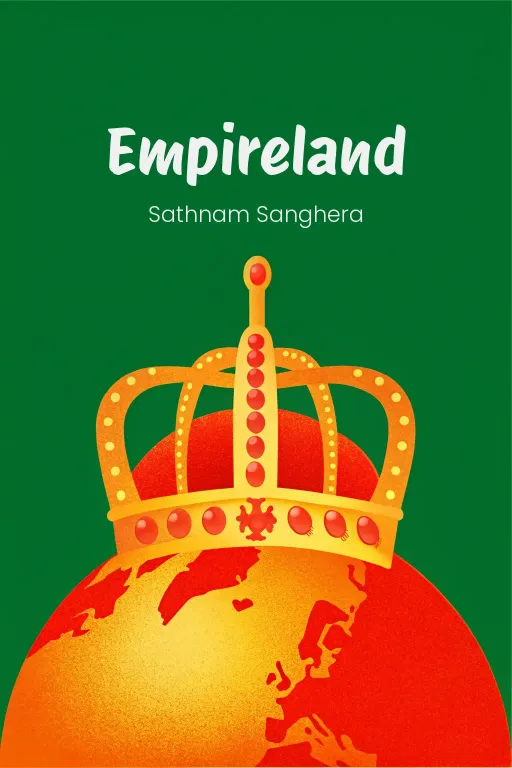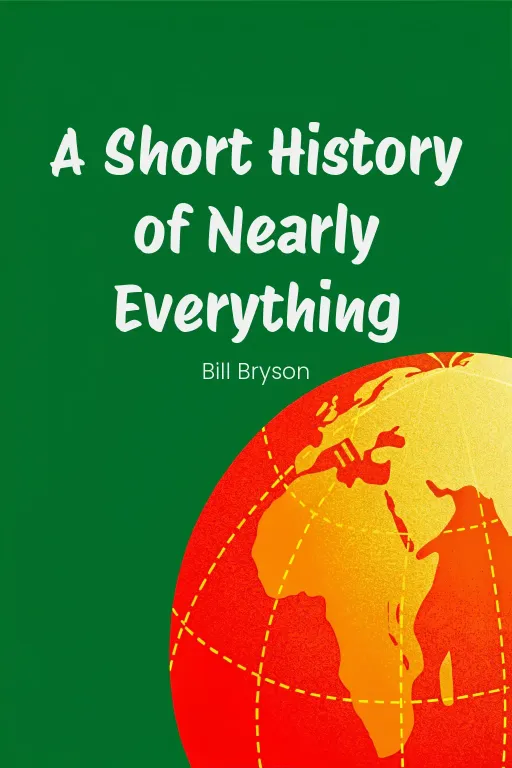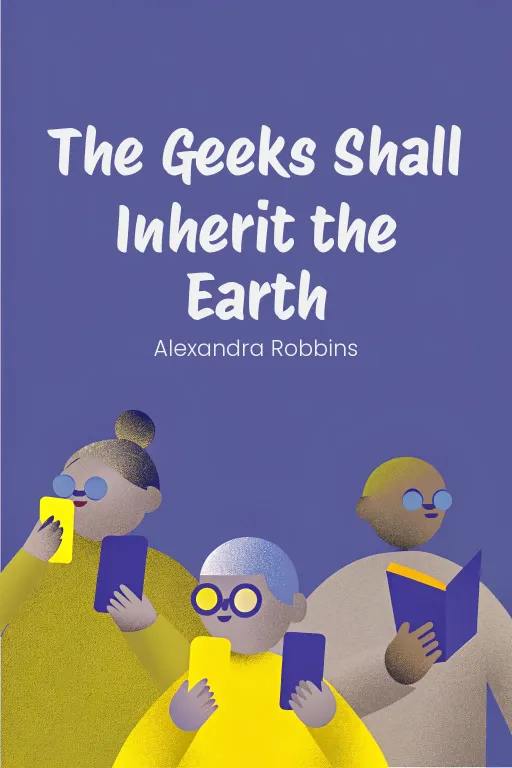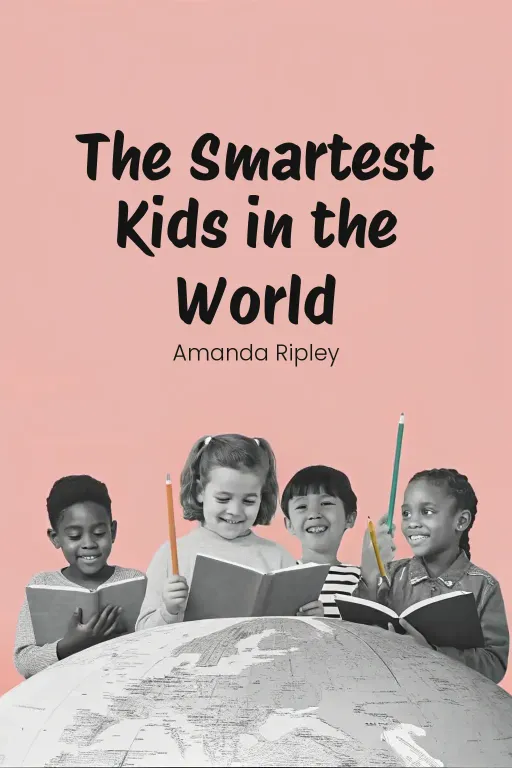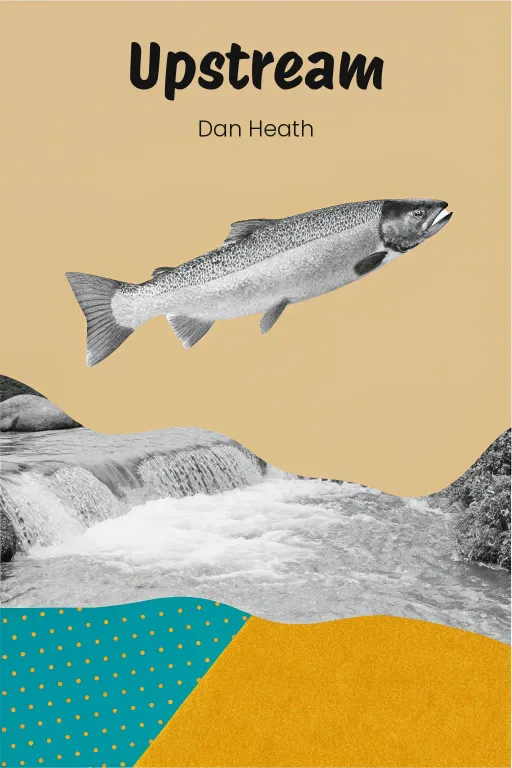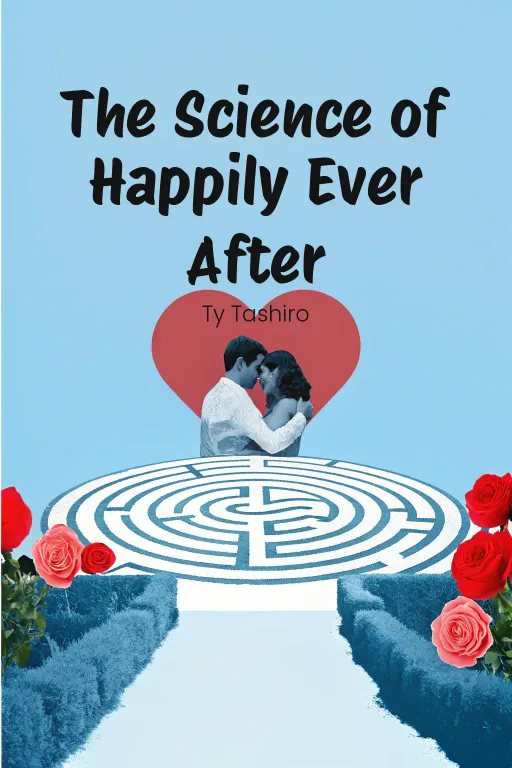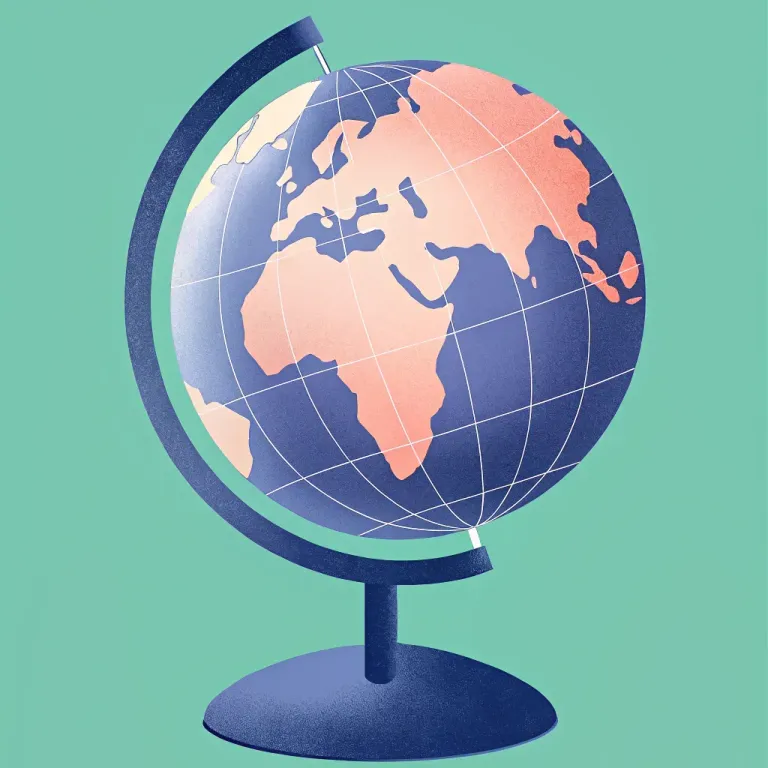
Britain's Imperial Hangover
Podcast by Civics Decoded with Thomas and Grace
How Imperialism Has Shaped Modern Britain
Introduction
Part 1
Thomas: Hello everyone, and welcome! Today, we're tackling a topic that's woven into the very fabric of modern Britain. It shapes our streets, our institutions, even how we see ourselves. Have you ever stopped to consider just how much the British Empire still influences us today? Grace: Or, perhaps more to the point, why are we so quick to remember it through rose-tinted glasses? The old "we built the railways" argument, usually glossing over well, everything else. Let’s just say this isn't your typical, sanitized history class version of the Empire. Not at all. Thomas: Exactly. We're talking about Sathnam Sanghera's Empireland, which “really” grabs you—maybe even shakes you a little—and walks you through all the things Britain hasn’t quite addressed. Sanghera reveals how imperialism shaped the nation's politics, identity, and even racial dynamics. And the book challenges us to face that legacy head-on – not to wallow in shame, but to build a more honest, inclusive understanding of who we are today. Grace: Which, let’s be honest, is a big ask for a country that still proudly displays its imperial trophies in world-famous museums but I’m getting ahead of myself. Thomas, how are we going unpack all of this? Because this book covers a lot of ground. Thomas: We can break this down into three main acts, if you will. First, we’ll look at the rise of the Empire, focusing on how its grandeur was always intertwined with contradictions and complexities. Next, we’ll dig into its societal legacies – from wealth to racism – legacies that still reverberate through Britain today. And finally, we’ll discuss modern reforms, like changes in education and reparative actions, and how these steps could bring clarity and connection to this complicated history. Grace: Sounds a bit like peeling back the layers of an onion, doesn't it? You might cry a bit, but ultimately, you'll see what it’s “really” made of. Alright, let's dive in.
The Historical Context and Legacies of the British Empire
Part 2
Thomas: Okay, so let's rewind a few centuries and talk about the rise of the British Empire in the late 16th and 17th centuries . It was a time of exploration, conquest, and, “really”, building overseas colonies, right? It wasn't just about putting flags everywhere; it was a full-on drive for economic domination . Britain basically wanted to control wealth, influence, and global trade . Grace: And they did a pretty good job of it, didn’t they? By using mercantilism—that classic "buy cheap, sell high" trick . The colonies were supposed to supply all the raw materials cheaply, and then they had to buy finished goods from Britain at inflated prices . It's like being the house in a casino, right? You always win . Thomas: Exactly! Take Caribbean sugar plantations, for example . Hugely profitable for Britain . But here's the terrible part: this system relied on the transatlantic slave trade . Millions of Africans were forced into slavery in the Caribbean and the Americas to work on these plantations under unbelievably brutal condition . Grace: Yeah, that's wealth built on, quite literally, blood . It’s also where this whole racial narrative started getting baked in too and creating this hierarchy of "civilized" colonizers and "inferior" people . The Empire was built on racial supremacy as much as it was on economics . Do we have any idea of the scale of human suffering, Thomas? Just to “really” drive this home . Thomas: Absolutely . Over 12 million Africans were enslaved, and huge numbers died during the journey or shortly after arrival . This isn’t just about forced labor; it’s about systematically stripping people of their humanity and culture . The historian Eric Williams showed how this directly fueled the industrial revolution in Britain, building up cities like Liverpool, Glasgow, and Bristol . Grace: And it didn’t stop there, did it? That inequality was exported across continents . You go from the sugar fields in the Caribbean to the textile weavers in India, whose livelihoods were destroyed by British policies . Indian textiles were famous, but Britain didn’t care . They turned India into a source of raw cotton for British mills . I mean, that's economic sabotage on a grand scale . Thomas: Precisely . By the 19th century, the British textile industry was booming, but it came at a huge cost to India . Traditional industries collapsed, causing widespread unemployment and poverty . And this wasn’t just some economic shift; it was cultural devastation . For many communities, these crafts were their identity . Grace: Okay, so there's the economic exploitation . Then there's the military muscle . I mean, Britain used its navy to force trade and political deals on its terms . Like the Opium Wars in China—they're a stark reminder of how far the Empire would go to protect profits . They fought to keep selling Indian-grown opium to China, even though the Chinese government was against it . It's like being an international drug dealer and then suing anyone who tries to stop you . Thomas: And think about the wider implications . The treaties that followed the Opium Wars, like the Treaty of Nanking, forced China to cede control of major territories, including Hong Kong . It wasn't just about economics anymore; it was about stripping nations of their sovereignty to expand British power . I mean, that’s what imperialism is all about: take control, extract resources, and dictate terms, no matter the cost . Grace: And that cost wasn’t just economic or territorial; it was moral . So, how did Britain justify all of this? The violence, the suppression of revolts, the plundering? It's like claiming to be morally superior while standing waist-deep in stolen goods . Thomas: That’s where the "civilizing mission" comes in . The Empire liked to portray itself as a force for good—bringing "modernity," "order," and "education" to "backward" societies . But, let’s be honest, this was just a cover for what was “really” going on: exploitation on an unprecedented scale . Look at the Indian Uprising of 1857, which the British called the "Sepoy Mutiny." When Indian soldiers and civilians rebelled against oppressive policies, the British response was brutal . Grace: This is where you start hearing about things like "blowing from the guns," right? Which, for those who don't know, meant tying rebels to cannons and then firing them . And then there were public executions and village massacres . It wasn't governance; it was a reign of terror . Thomas: And even with all this evidence of atrocities, the Empire kept pushing this image of benevolence . Which brings us to Amritsar in 1919, and the Jallianwala Bagh massacre, which was one of the biggest cracks in that illusion . General Dyer ordered his troops to open fire on a crowd of unarmed protesters trapped in an enclosed space . Over a thousand people were killed or injured in just minutes . Grace: And the reaction in Britain? Completely divided . Some called Dyer’s actions monstrous while others hailed him as a hero for "preserving order." Incredible moral dissonance—what looks like a massacre to one person is patriotism to another . Thomas: Exactly . It marked a turning point in Indian resistance . Leaders like Gandhi, who had been seeking reforms within the Empire, became convinced that only full independence would do . It shattered trust and exposed the violence at the heart of British rule . Grace: And yet, the legacy of this empire is still very much with us—on both sides . Former colonies are still dealing with economic instability, social divisions, and the impact of cultural suppression . And here in Britain, our museums, our financial institutions, even our afternoon tea all carry the marks of the empire . It’s woven into our national identity . Thomas: Which is why understanding this history is so essential . It’s not about assigning blame but seeing the full picture . And Sathnam Sanghera reminds us that facing up to the legacy of empire isn’t just something that benefits former colonies; it’s vital for Britain to understand itself today in all its complexity .
Imperialism's Impact on Modern British Society
Part 3
Thomas: Okay, so we've established the groundwork: centuries of conquest, exploitation, and deeply set hierarchies. Understanding that historical context, though, really sets the stage for examining how that legacy plays out today. Let's dive into the ripple effects—how does all that colonial baggage affect Britain's modern identity, race relations, and even its economy? Grace: Exactly. So, let's go thematic here. Maybe start with the psychological impact—how empire molded the British psyche. I see this fascinating contradiction where imperial nostalgia clashes with, well, selective memory. Britain, as a nation, still seems to cling to this idealized version of its empire as a "force for good," which doesn't leave a lot of room for discomfort or a more nuanced view. Thomas: Right, and by "idealized," we're talking about the sanitized "we built schools," "taught-them-English" version of history, rather than the, shall we say, "we pillaged and burned and called it progress" reality. Classic case of selective memory. So how does that play out today? Thomas: Well, one clear example is in racial dynamics. The ideological framework of the empire was really built on constructing this master narrative of racial superiority, and the echoes of that are still very much present. British society often hangs onto a sense of moral exceptionalism while, at the same time, somehow sidelining colonial contributions. A perfect illustration of this was, for example, during critical moments like the COVID-19 pandemic, there was this overwhelming narrative of British resilience—Boris Johnson himself becoming a symbol of "fighting spirit." But it conveniently glossed over the systemic issues that worsened the crisis, things like healthcare inequities and general mismanagement, which, by the way, also stem from structural hierarchies that have roots in empire. Grace: So, modern exceptionalism as an empire hangover, huh? And for the descendants of colonized people, that probably feels like a slap in the face—a system that exoticizes their culture on the one hand but marginalizes them on the other. So, where do we even start to dismantle that? Thomas: Well, it starts with representation, right? I mean, Britain's multicultural identity has been profoundly shaped by its imperial past—it's not just nostalgia; it's a lived reality. Look at the Windrush generation, for instance. Caribbean immigrants were actually invited to help rebuild post-war Britain. They became integral to public services, from healthcare to the transport sector, building the very infrastructure the country depended on. Yet, how they were ultimately treated really laid bare the systemic blind spots and enduring prejudices. Grace: Right. And then, decades later, the Windrush scandal erupts. And people who had lived in Britain their entire lives—paid taxes, contributed to society—were suddenly detained or deported because of so-called paperwork "errors." It’s a very modern example of that colonial hierarchy: "You’re useful to us, but you’re not “really” one of us." Thomas: Precisely. And Sanghera’s sense of identity in Empireland ties into this beautifully. His personal narrative, of growing up British in Wolverhampton while also having his Punjabi heritage—is such a poignant reflection of this tension, right? It highlights how descendants of immigrants, like him, have to reconcile these dual identities in a society that often forces them to choose one or the other. Grace: And for some, that choice is assimilation at the cost of cultural connection, right? And for others, it manifests as resistance, celebrating their heritage as a form of protest. But either way, it reinforces this "us vs. them" mentality that empire created in the first place. Does Sanghera give any concrete examples of this in his work? Thomas: Definitely. His recounting of visiting Punjab is a great example. He juxtaposes the immense pride he feels in his ancestral culture with the systemic racism his family has faced in Britain. It's really telling that someone with such a profound dedication to understanding his past still has to confront bias daily. That duality is exhausting for immigrant communities and their descendants. And it's not just personal, right? It ties into systemic realities, like how contributions from these communities are undervalued or, frankly, outright erased. Grace: Which brings me to a question that's been on my mind: Where does this singular sense of "Britishness" even come from? Because it seems like it was built on excluding so much of the actual reality of what made Britain… well, Britain. Thomas: It’s so rooted in imperial identity, really. I mean, "Britishness" during the empire meant civilizing "others," controlling global trade, and just dominating geopolitics. And today, it's morphed into this sanitized national pride that still excludes so many contributions from immigrant communities. Think about it: words like "bungalow" and "shampoo" only exist in the English lexicon because of colonial exchange. Yet, how often do we actually acknowledge those links? Grace: Almost never, right? It's like Britain wants to keep the spoils but forget how they got them. And this obviously extends to how wealth and institutions were built. So let’s talk about Britain’s economic structures, which undeniably rest on the backing of colonial exploitation. Thomas: Let’s start with the East India Company. Their business empire wasn’t just about trade—it was about absolute monopolization. India was drained dry, its resources extracted, and entire industries like textiles were dismantled, all to support British manufacturing. This isn't just historical malpractice; it crippled entire economies like India’s while giving Britain the boost it needed to industrialize. Grace: And the consequences of that are still with us, even now. Those financial systems? Still intact. Institutions like the Bank of England? They grew on the back of wealth accumulated from colonial trade. The National Trust recently found that a third of its properties have links to slavery or colonial exploitation. Cultural institutions like the British Museum are, of course, filled with looted artifacts. It’s wealth, culture, and power—all haunted by empire. Thomas: Right, and that's the real challenge here. Acknowledging this exploitation doesn’t just mean recognizing past wrongs, right? It actually means interrogating how the benefits of empire still circulate today. From bank vaults to museum storage rooms, that wealth and history are tangible reminders of inequality. Grace: So, if the wealth is tangible, shouldn’t reparations be tangible, too? I mean, modern Britain has gotten pretty comfortable wringing its hands about history, but what about actually returning artifacts or investing in reparative justice for the source countries? Thomas: That’s the work Britain is so hesitant to actually undertake—partially, I think, because there's fear, right? Reckoning with empire shakes the very foundation of British identity as it’s been taught for centuries. But Sanghera argues that it’s not really about guilt; it's about understanding. Until Britain is willing to actually understand how empire built so much of what we call "modern," its future will be chained to that selective memory. Grace: Right. Because understanding isn’t just about knowing the history, is it? It’s about seeing how all that history has shaped who you are today. And maybe—just maybe—it’s time to admit that empire didn’t "civilize the world." Instead, it irrevocably shaped it, for better or for worse.
Educational and Civic Reforms for Reconciliation
Part 4
Thomas: So, now that we’ve really dug into the historical and societal impacts, let’s talk about practical solutions, educational and civic reforms. I mean, if we're serious about tackling the inequalities caused by imperial legacies, we need to reshape our approach to teaching history and community engagement. This means inclusive curricula, the return of cultural artifacts, and supporting grassroots movements to foster dialogue and healing. Where better to start than education? Grace: Yeah, makes sense. If we can’t get people to understand this stuff in schools, where else will they learn it? But I do wonder, can education “really” change a narrative that's so deeply ingrained in the country's psyche? What does reform even look like in this context? Thomas: Well, it all starts with revising the curriculum. Right now, kids in British schools are often taught a simplified, even glorified, version of the empire. Figures like Clive of India or Cecil Rhodes—they're presented as these courageous adventurers, but the brutal exploitation and violence they oversaw? That gets conveniently glossed over. One key reform is creating a balanced curriculum that examines both the achievements and the atrocities. Campaigns like “Fill in the Blanks” are pushing to make colonial history a mandatory part of secondary education. Grace: "Fill in the Blanks"—clever name, considering how many history classes feel like reading an incomplete book with missing chapters. And making it mandatory? Great, but what exactly will students learn? Are we just talking dates and treaties, or will they dive into the gritty details, like, say, the economic sabotage of India or the Jallianwala Bagh massacre? Thomas: Both. An inclusive curriculum connects colonial policies to their human cost. For instance, schools could teach how the British systematically dismantled Indian textile industries to boost their own industrial growth. Students could also explore personal stories from the Windrush generation—how Caribbean immigrants rebuilt post-war Britain only to face hostility and discrimination. By connecting the past to the present like this, students can see how imperialism continues to shape modern Britain. Grace: Okay, let me push back a little here. Introducing these topics is one thing, but how do we ensure they're taught well? You can't just throw around terms like "imperialism" or "racism" and expect them to resonate. Don’t we need better-trained teachers for this? Thomas: Absolutely, teacher training is essential. Educators need the resources and confidence to teach subjects that challenge traditional narratives. Shalina Patel, for example, created the History Corridor initiative, which uses social media to share lesser-known stories from the empire. It’s a great example of how accessible tools can make lessons more engaging. But this needs to be systemic. Wales has already made Black history and colonization mandatory in its curriculum—proving that with the political will, you can integrate these nuanced histories into national education. Grace: I’m glad you mentioned Wales. It's a really great case study because they didn't just say, "Let's teach colonial history for the sake of it.” They paired it with lessons on identity and racism, which feels crucial. Students need to understand not just historical facts, but also how those facts shape the inequalities their classmates might experience today. Thomas: Exactly. It’s not just about intellectual understanding; it's about emotional engagement. Learning about the forced migrations caused by the empire or the anti-colonial struggles builds empathy. Classroom discussions about brutal episodes, like the Opium Wars or the Windrush scandal, aren't just about understanding the past; they're about building a society that recognizes injustice and is determined not to repeat it. Grace: Okay, let’s bring that emotional engagement into another area: museums. Because education doesn't just happen in schools, and I honestly can't think of an institution more steeped in empire than the British Museum, literally. So, let's address the elephant in the room: looted artifacts. Thomas: It's a huge elephant! Museums are supposed to be public spaces for learning, but all too often, they perpetuate imperial narratives. Take the Benin Bronzes. These intricate sculptures were stolen from Nigeria during a punitive expedition in 1897 and are now proudly displayed in British institutions. What message does that send to someone whose ancestors are from Nigeria? That their cultural heritage is still seen as a trophy? Grace: The hypocrisy is just staggering. By keeping these artifacts, Britain claims it's preserving "global heritage." Never mind that this "heritage" was stolen, often violently, and that keeping it excludes the very communities who created it. It’s like someone robbing your house and then saying they’re just “protecting” your family heirlooms. Thomas: Exactly, and that's why repatriation is so vital. It’s about acknowledging harm and addressing cultural erasure. Look at Glasgow University. They created a reparative justice fund to atone for profits made through slavery. Imagine if more museums followed suit—not just returning artifacts but engaging in public dialogue about how these items were acquired. Grace: Seriously? You're telling me institutions like the British Museum—these guardians of "civilization"—would willingly give up their most prized possessions? Color me skeptical, but that feels like trying to teach cats to swim. Thomas: I’ll admit, there's a lot of institutional resistance, but grassroots efforts are changing the conversation. Alice Procter’s "uncomfortable art tours," for example, force museum-goers to confront the often-violent histories behind the artifacts. These tours are like guided interrogations: Why is this item here? Who paid the cost for its acquisition? It “really” changes how people see these collections. Grace: And it’s not just museums, is it? Communities also have a role to play in reflecting on empire’s legacies. Look at what Bristol did with the Edward Colston statue. Tearing it down was symbolic, sure, but the art installation that followed it? It was an invitation for dialogue—examining slavery’s ties to the city while creating space for marginalized voices. Thomas: Public art, festivals, community-led initiatives—they all humanize these histories in ways that textbooks just can’t. Think about that arts festival in Bristol showcasing Caribbean artists, or the Notting Hill Carnival. These aren’t just celebrations; they’re living stories that remind us how multiculturalism—one of Britain’s greatest strengths—is deeply connected to its imperial past. Grace: And maybe that’s where we start to see the path forward. Education, repatriation, public dialogue—none of these are quick fixes, but they spark meaningful reflection, you know, the kind that “really” sticks with people. Ultimately, it’s about writing a more honest narrative, one that gives everyone in Britain ownership of its full history, not just the sanitized version. Thomas: Exactly. Reforms like these pave the way for real reconciliation. It’s not about rewriting history; it’s about writing it truthfully. And through that truth, Britain can build a future that isn't weighed down by nostalgia but strengthened by a sense of shared identity.
Conclusion
Part 5
Thomas: Right, so to bring everything together, we've really dug into how the British Empire, well, it left behind such a complicated legacy. Immense wealth and influence, sure, but it was all built on exploitation, racial hierarchies, and, you know, the erasure of entire cultures. From economic policies that basically stripped colonies of their resources to the stories they told themselves to justify the whole thing, every part of the empire shaped modern Britain. And, honestly, it's clear those effects are still felt everywhere—in our institutions, our communities, even how we see ourselves. Grace: So, it's not just about saying, "Yeah, that happened," is it? It’s about real, systemic change. Like, how do we reform education to get a more complete picture of history? How do we make sure museums actually take responsibility for where their artifacts came from? And how do we foster a real public conversation that isn't afraid of the uncomfortable truths? Sanghera's Empireland, it really pushes us to see this work, not as some blame game, but as something vital to be more honest and inclusive. Thomas: Exactly! So, the big takeaway here is: Reckoning with empire, it's not about tearing down Britain's identity. It's about, well, expanding it! Understanding how the past shaped the present, that gives us the tools to actually build a more equitable and connected society. So the question we want to leave everyone with is: How can we, as individuals and as a nation, engage with this history in a way that doesn’t just acknowledge it, but “really” learns from it? I mean, the stories are out there; it's really up to us to listen.

